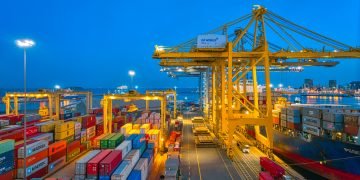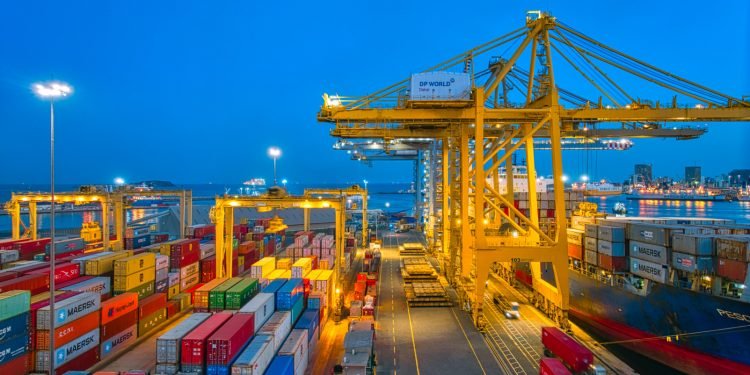As we step into 2024, the global logistics landscape is riddled with unprecedented challenges, with geopolitical crises casting a shadow over the industry’s trajectory. Two critical events, the Red Sea crisis and the conflicts in Ukraine and Israel, are reshaping the way businesses approach supply chain management and logistics on a global scale.
The Red Sea Crisis: Disruptions in Maritime Routes
The ongoing crisis in the Red Sea, particularly the Houthi rebel attacks and their impact on crucial shipping lanes, has sent shockwaves through the maritime industry. Approximately 28% of the world’s container trade traverses through the Suez Canal/Red Sea, making it a vital artery for global trade. The disruptions caused by lengthy diversions for ocean cargo vessels are leading to a surge in demand for air freight.
Companies are reevaluating their shipping routes, with many opting for air freight to avoid the extended diversions around Africa’s Cape of Good Hope. The spike in air cargo volumes, especially on routes like Vietnam to Europe, has increased the strain on air freight capacity, leading to potential price hikes if the crisis persists.
The Ukrainian and Israeli Conflicts: Impact on Supply Chains
Simultaneously, geopolitical tensions in Ukraine and Israel are adding complexity to global supply chains. Uncertainty around the conflicts is prompting companies to reassess risk management strategies, with a focus on diversifying suppliers and securing alternative routes for critical shipments.
The geopolitical turmoil has implications for industries ranging from automotive to electronics, with disruptions in the production and transportation of goods. Supply chain managers are closely monitoring the situations, implementing contingency plans, and exploring alternative logistics routes to mitigate potential disruptions.
Technology as a Resilience Pillar
In the face of these geopolitical challenges, technology emerges as a critical tool for building resilience in global logistics. Advanced data analytics, artificial intelligence, and blockchain are providing real-time insights into supply chain dynamics. Predictive analytics is helping companies anticipate potential disruptions and make informed decisions.
Sustainability and Resilience Go Hand-in-Hand
The global logistics outlook for 2024 also underscores the increasing importance of sustainability in supply chain practices. As geopolitical uncertainties impact transportation routes, companies are embracing sustainable logistics practices to minimize environmental impact. From optimizing shipping routes to adopting eco-friendly packaging, sustainability is becoming a core component of resilient supply chain strategies.
Strategic Partnerships and Diversification
Navigating the challenges of 2024 requires a collaborative approach. Strategic partnerships with logistics providers, diversification of suppliers, and the creation of agile supply chain networks are becoming imperative. By fostering collaboration and flexibility, businesses can better respond to geopolitical shocks and ensure the continuity of their operations.
Conclusion: A Call for Agility and Preparedness
The 2024 Global Logistics Outlook demands a reevaluation of traditional supply chain models. Geopolitical challenges are testing the resilience of the logistics industry, urging businesses to prioritize agility, technology adoption, and sustainable practices. As companies face uncertainties on multiple fronts, those who proactively adapt to these challenges will emerge stronger and more resilient in the evolving global logistics landscape.























